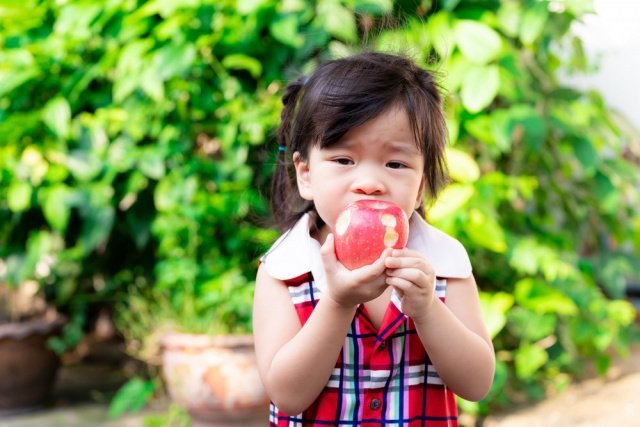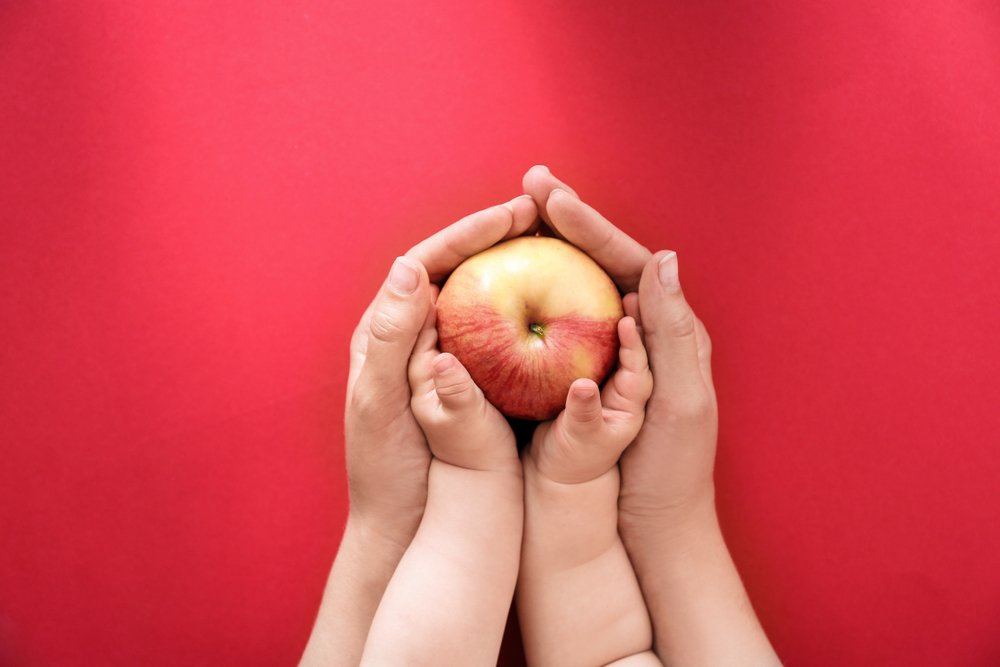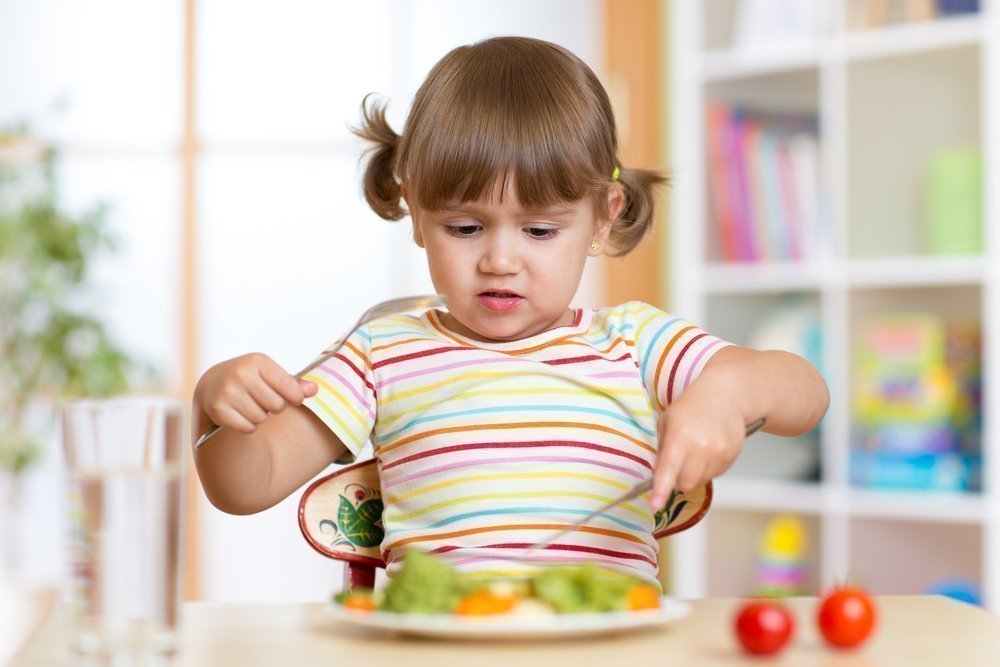Three years of age is a period of active growth of a child, his development not only physically, but also intellectually. As the child grows up, the body’s workload increases and the need for fats, proteins and carbohydrates, vitamins, macro- and micronutrients increases.
Provide most of the necessary substances can be with a proper and balanced diet. In this article, we will talk about the child’s diet at age 3
The basics of nutrition for a three-year-old baby

First of all, it is necessary to pay attention to the fact that the baby gets a sufficient number of calories. According to current recommendations, at the age of 3 years, a child should receive about 1500-1600 calories a day. The amount of protein and fat consumed during the day should be about 53 grams, and carbohydrates should be about 212 grams.
The baby’s daily ration should be divided into four meals, with a break of about four hours between meals. It is preferable to give food at the same time.
A three-year-old child is already allowed to eat fried foods. However, priority should still be given to other variants of heat treatment, such as boiling, baking or stewing.
Meat must be present in your baby’s diet. It is best to pay attention to lean varieties, such as beef, poultry or rabbit. Fish is also necessary. It is recommended to give it once or twice a week, carefully removing the bones.
Another important source of protein is eggs, which should be on the menu about three times a week. It is strictly forbidden to give your baby raw eggs, they should be served boiled or in the form of an omelet.
In addition, the diet of a three-year-old child should be supplemented with milk and fermented milk products. Preference should be given to products with a medium percentage of fat.
The next most important component of children’s nutrition at age 3 is porridge. They contain complex carbohydrates and a lot of other useful substances. Cereals can be cooked with both milk and water, with the addition of butter and a small amount of sugar.
The baby should also get vegetables and fruits every day, preferably in raw form. They are rich in fiber, which is necessary for proper intestinal function, as well as various vitamins and minerals. Another extremely important ingredient is various types of oil (butter up to 17 grams per day) added to porridges or spread on bread.
As for the bread itself, it too must be present in the diet (about 150-170 grams per day).
The baby needs to consume enough fluid – about 80 milliliters per kilogram of body weight. The best drinks to give are nectars, fruit or dried fruit compotes, and rosehip decoction.
What foods should be avoided?
At the age of three, the list of forbidden foods is quite small.
First of all, the child should not be fed foods containing large amounts of preservatives, coloring agents and other additives. It is also recommended to limit consumption of fatty meats and fish, and smoked foods. Spicy, salty and spicy foods, and mushrooms are undesirable.
As for sweets, it is hardly possible to give them up completely. However, you should try to reduce their consumption as much as possible (no more than 1-2 times a week).
Sources:
Read also:
- What can I feed a three-year-old? Feeding habits of a child at age 3.A three-year-old needs to eat a variety of foods. Their diet should include proteins, fruits, and vegetables. This article will give some guidelines on what to feed your three-year-old.
- What should a child eat before the age of 6 and later? A list of foods for every dayThe best foods to give your child aged 6 or older. Learn about healthy and nutritious eating habits, what a child should and shouldn’t eat, how to get your kids to eat well and more.
- How to feed your child garlic and onions: easy recipesHow to feed children with a severe aversion to garlic and onions? Simple salad recipes in which even the finicky and gourmet will not find onions and garlic.
The articles on this site are for information purposes only. The site administrators are not responsible for attempting to apply any recipe, advice or diet, nor do they guarantee that the information provided will help or harm you personally. Be cautious and always consult a doctor or nutritionist!
*All products recommended are selected by our editorial team. Some of our articles include affiliate links. If you buy something through one of these links, you help us earn a small commission from the seller and thus support the writing of useful and quality articles.








